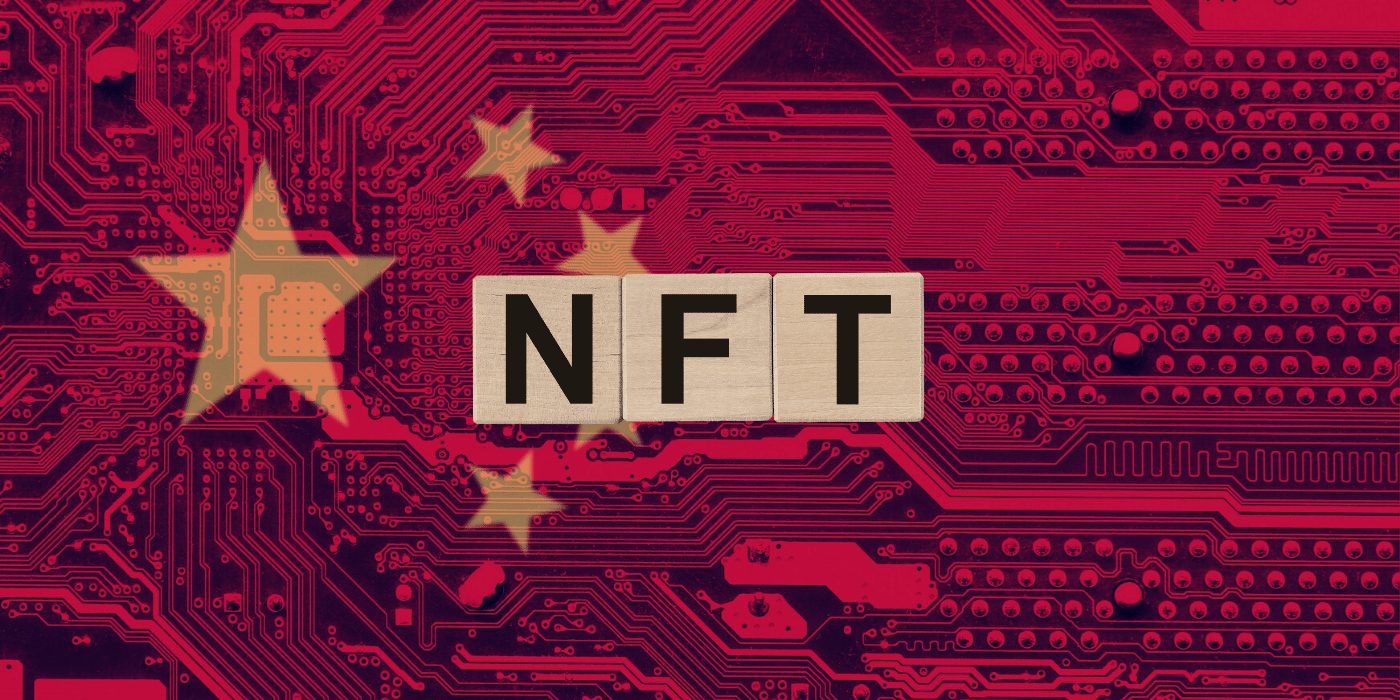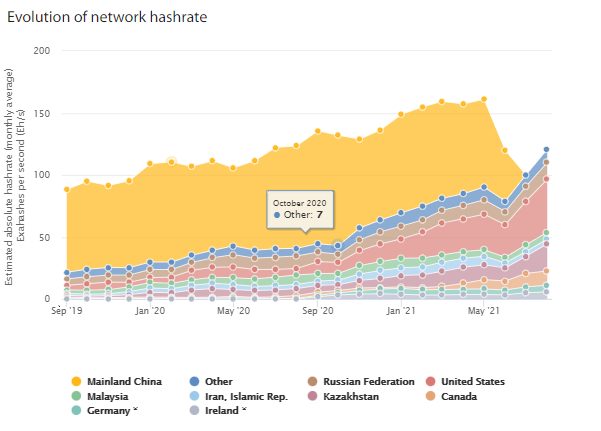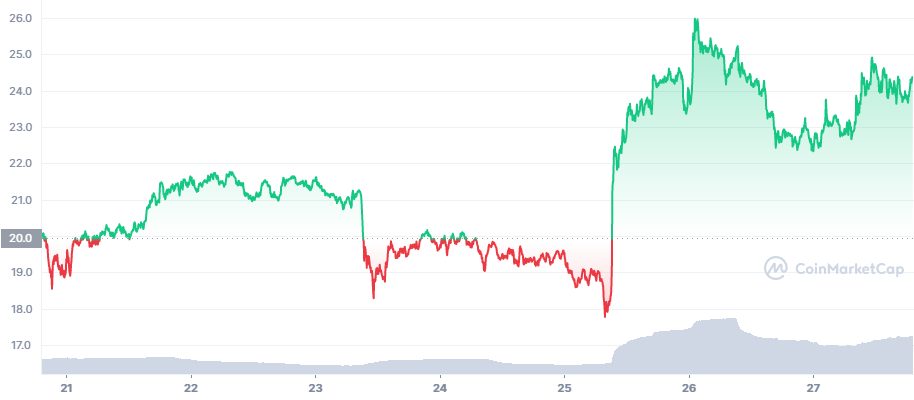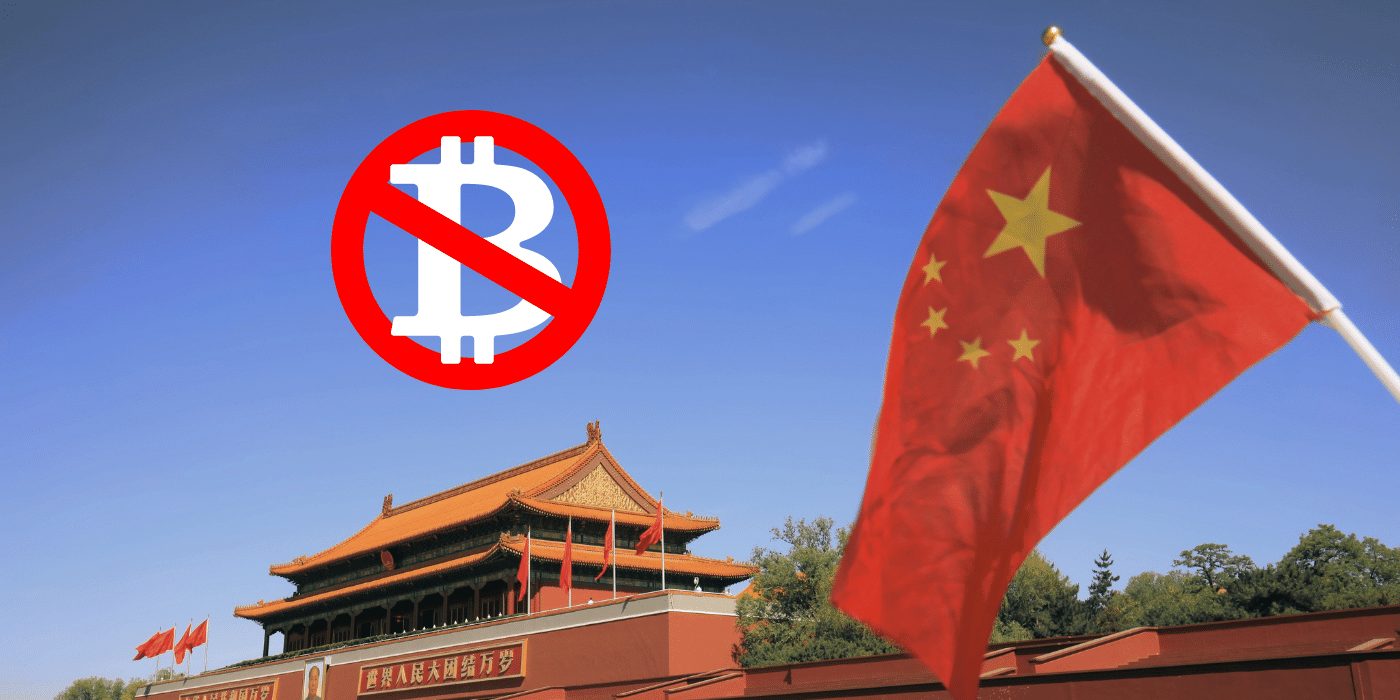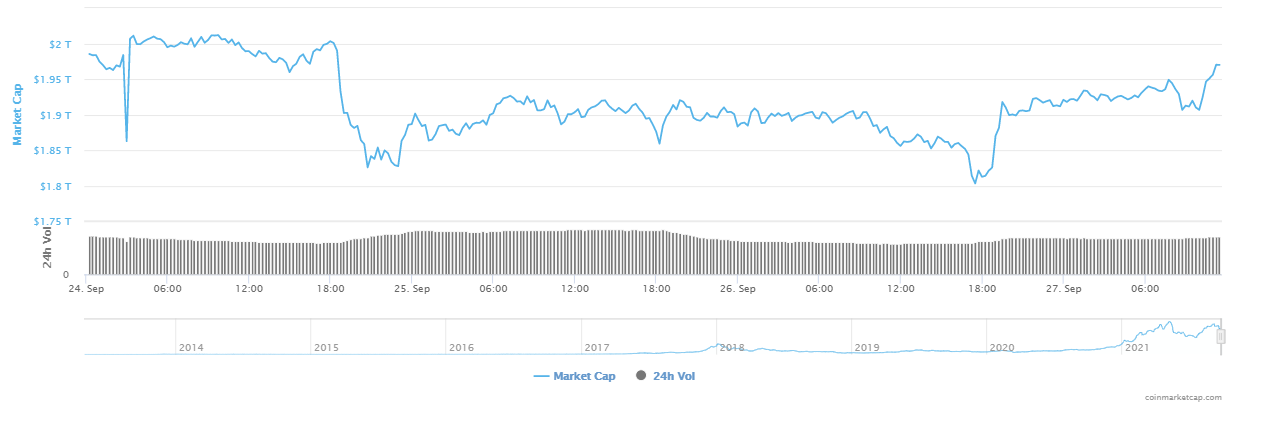China’s central bank digital currency, the e-CNY, is now being piloted in several cities for use in public transport and schooling.
Expanding the Eyes of the State
China has officially begun rolling out the next round of its CBDC program, most evidently in the city of Guangzhou, where it is now possible to pay for public transport with central bank-issued digital yuan.
In order to do so, passengers are required to download an app, deposit funds and scan a QR code in the bus terminal to make payment. A similar program has reportedly been launched in the city of Ningbo, becoming the ninth municipality in China to do so.
The communist government has rapidly expanded the e-CNY’s application this year, most notably in the form of government-sponsored airdrops designed to stimulate after prolonged lockdowns.
Since launching its CBDC program, one online retailer noted it had seen around 900 million CNY (US$131.6 million) in transactions since accepting e-CNY. In total, approximately 830 billion ($US121.4 billion) worth of e-CNY transactions were recorded in the first five months of 2022 alone.
CBDCs, Not as Advertised
As whistleblower Edward Snowden correctly points out, CBDCs, while marketed as digital currencies, are in fact much more sinister. Properly understood, CBDCs are best conceived as programmable money capable of forming the base layer of a social credit score.
In a dystopic world where all money is essentially a smart contract, government gets to decide what it wants you to do, and then uses sticks and carrots to optimise compliance with its agenda. It’s no surprise, then, that authoritarian regimes such as the Chinese Communist Party have been so quick to embrace them:



